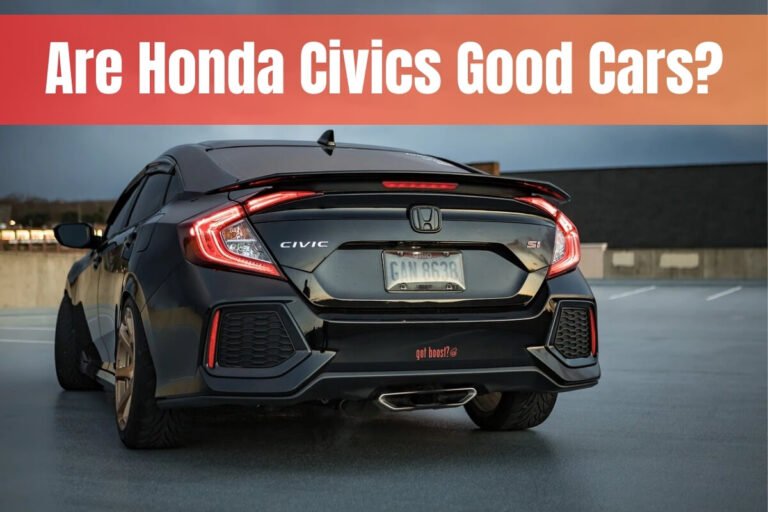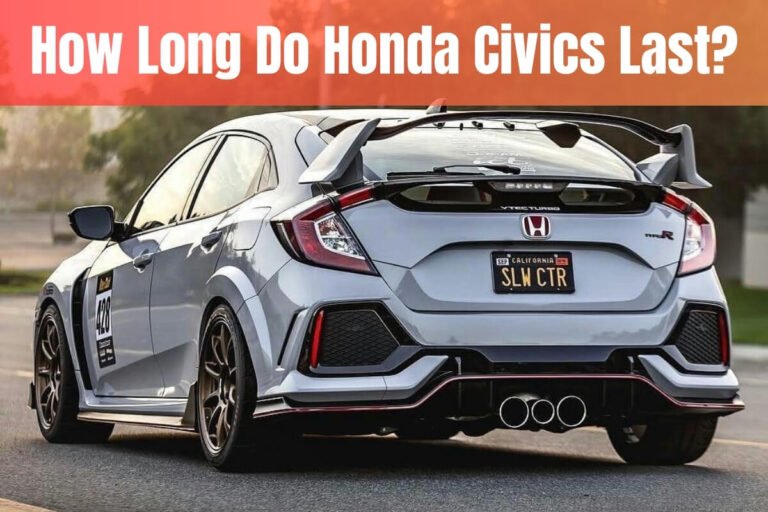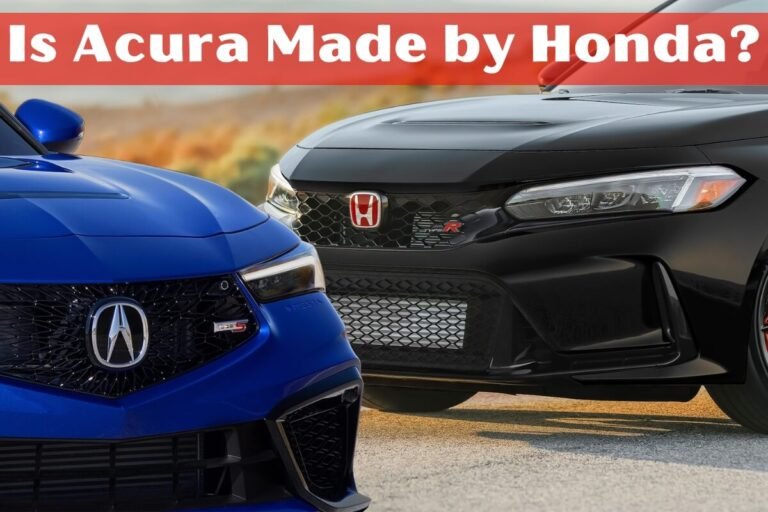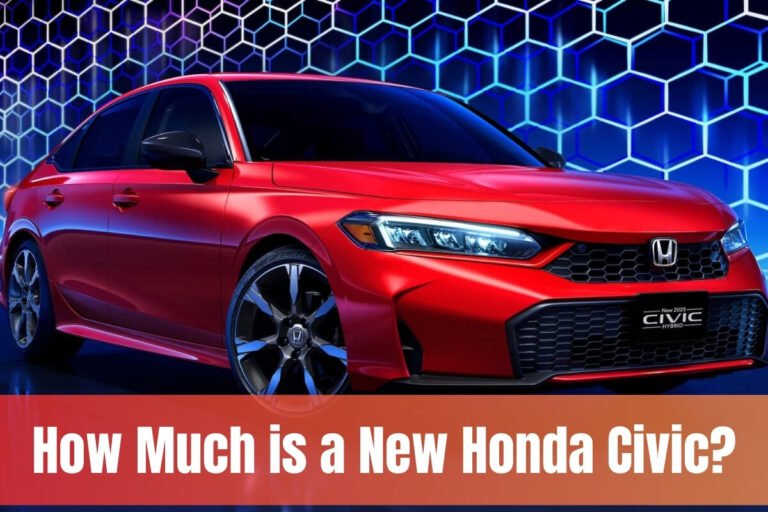Honda vs Hyundai: A Comprehensive Comparison
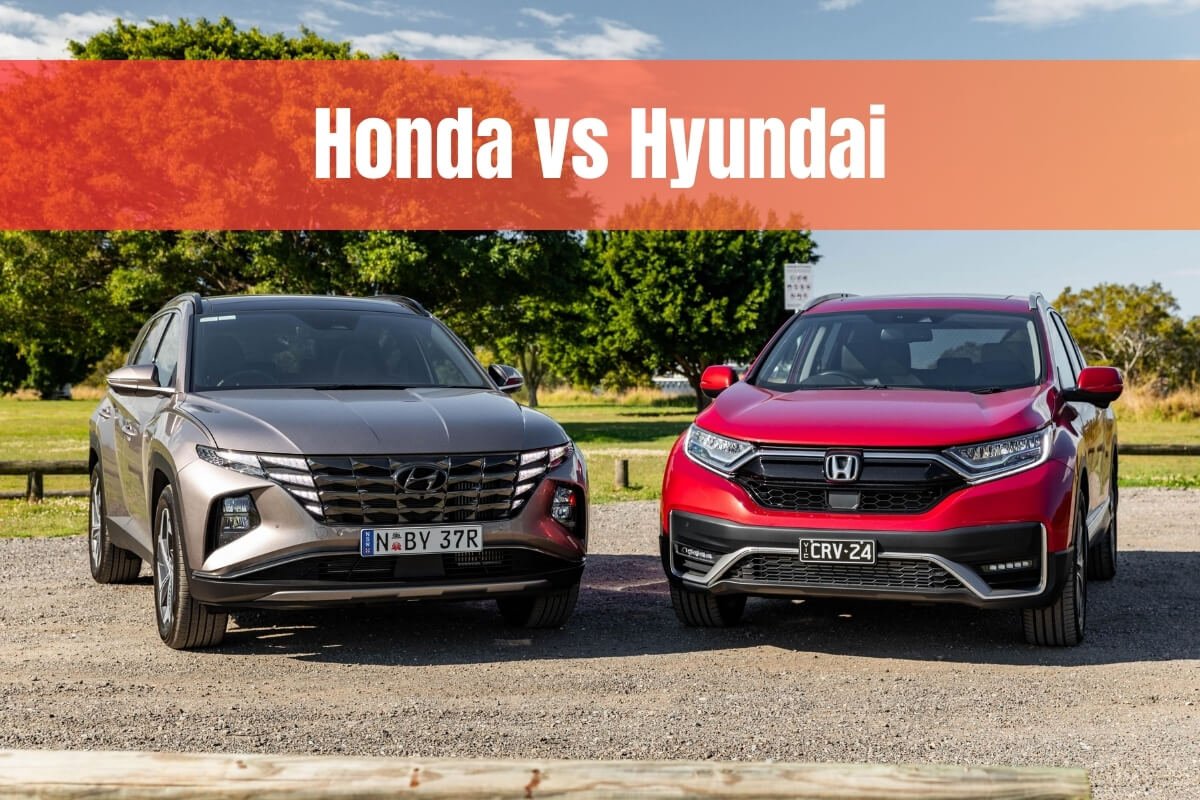
When choosing between Honda and Hyundai, potential buyers often weigh various factors to determine which brand best suits their needs. Both manufacturers offer a wide range of vehicles, from sedans to SUVs, each with its unique set of features, strengths, and weaknesses. This comprehensive comparison of Honda vs Hyundai will help you make an informed decision by examining their history, market positions, popular models, reliability, performance, technology, environmental impact, and ownership costs.
History and Brand Overview
Honda was founded in 1948 in Japan and quickly became known for its reliable, fuel-efficient motorcycles before expanding into automobiles. Over the decades, Honda has built a reputation for quality, durability, and innovative engineering.
Hyundai, established in 1967 in South Korea, entered the automotive market with a focus on affordability and value. Over the years, Hyundai has transformed its image, now competing with top-tier manufacturers by offering high-quality, feature-rich vehicles at competitive prices.
Market Position and Popularity
Honda and Hyundai are both major players in the global automotive market. Honda has a strong presence in North America, Asia, and Europe, often appealing to a more affluent demographic due to its perceived higher quality. Hyundai, on the other hand, has made significant strides in affordability and value, capturing substantial market share in emerging markets while also gaining respect in more established markets like the U.S. and Europe.
Model Comparisons
Sedans
Honda Accord vs Hyundai Sonata
Design and Styling: The Honda Accord boasts a sleek, modern design with a spacious interior, while the Hyundai Sonata offers a more aggressive, sporty look. Both vehicles provide high-quality materials and excellent build quality.
Performance and Engine Options: The Accord offers a range of engines, including a turbocharged 1.5L and 2.0L, as well as a hybrid option. The Sonata also provides multiple powertrains, including a 2.5L naturally aspirated engine, a 1.6L turbo, and a hybrid variant.
Interior Features and Comfort: Both sedans come with advanced infotainment systems, comfortable seating, and ample legroom. The Accord typically features a more driver-oriented cockpit, while the Sonata emphasizes tech integration with larger touchscreens and digital displays.
Safety Features: Both models excel in safety, with Honda Sensing and Hyundai SmartSense offering comprehensive driver-assistance technologies, including adaptive cruise control, lane-keeping assist, and automatic emergency braking.
Price Comparison: Generally, the Sonata tends to be more affordable, offering similar features at a lower price point, making it an attractive option for budget-conscious buyers.
SUVs
Honda CR-V vs Hyundai Tucson
Design and Styling: The Honda CR-V is known for its conservative yet practical design, while the Hyundai Tucson stands out with its bold, futuristic styling.
Performance and Engine Options: The CR-V offers a turbocharged 1.5L engine and a hybrid option, delivering a balance of performance and fuel efficiency. The Tucson provides a variety of powertrains, including a 2.5L engine, a hybrid, and a plug-in hybrid, offering more choices for different driving needs.
Interior Features and Comfort: Both SUVs provide spacious interiors with high-quality materials. The CR-V focuses on practicality and usability, whereas the Tucson emphasizes advanced tech features like dual 10.3-inch screens and customizable ambient lighting.
Safety Features: Both models come equipped with extensive safety suites. The Tucson often includes more advanced features as standard, such as blind-spot monitoring and adaptive cruise control.
Price Comparison: The Tucson typically has a lower starting price, especially when comparing similar trim levels, giving it an edge in value for money.
Compact SUVs
Honda HR-V vs Hyundai Kona
Design and Styling: The Honda HR-V offers a more traditional SUV appearance, while the Hyundai Kona features a distinctive, edgy design with vibrant color options.
Performance and Engine Options: The HR-V is equipped with a naturally aspirated engine focused on efficiency, whereas the Kona offers a turbocharged option for those seeking more power.
Interior Features and Comfort: Both vehicles provide comfortable interiors, but the Kona often includes more tech features and customization options in its higher trims.
Safety Features: Safety is a strong point for both models, with a comprehensive array of driver-assistance technologies available across the range.
Price Comparison: The Kona usually presents a more budget-friendly option, especially at the entry level, making it a strong contender in the compact SUV market.
Reliability and Maintenance
Both Honda and Hyundai are known for their reliability, often ranking high in dependability studies. Honda’s reputation for longevity and low maintenance costs is well-established, while Hyundai offers one of the best warranties in the industry, providing peace of mind with a 10-year/100,000-mile powertrain warranty.
Performance and Fuel Efficiency
When it comes to performance, Honda’s engines are renowned for their smooth operation and fuel efficiency. The CR-V, for instance, achieves impressive fuel economy ratings with its hybrid model reaching up to 40 mpg. Hyundai, however, has made significant strides with its hybrid and plug-in hybrid offerings, like the Tucson PHEV, which offers 80 MPGe with a full charge and 35 mpg once the battery is depleted.
Technology and Innovations
Both brands are at the forefront of automotive technology. Honda’s infotainment systems are known for their user-friendliness and reliability, while Hyundai’s systems, such as the one in the Tucson, are praised for their cutting-edge features and customization options. Unique features like Hyundai’s 64-color ambient lighting and dual 10.3-inch displays in the Tucson are not available in the CR-V, giving Hyundai a tech edge.
Environmental Impact and Sustainability
Both companies are committed to reducing their environmental footprint. Honda offers a range of hybrid and electric vehicles, emphasizing fuel efficiency and low emissions. Hyundai, with its growing lineup of electric vehicles like the Ioniq series and the Kona Electric, is making significant advancements in sustainable mobility. Hyundai’s corporate sustainability initiatives also include ambitious plans to become a top EV manufacturer by 2025.
Ownership Costs
Ownership costs for both brands are competitive. While Honda vehicles typically have higher resale values, Hyundai’s comprehensive warranty can lead to lower long-term ownership costs. Insurance rates for both brands are similar, but specific models and individual circumstances can affect premiums.
Customer Satisfaction and Reviews
Customer satisfaction for both brands is generally high. Honda often receives praise for its vehicle longevity and driving experience, while Hyundai is lauded for its value, feature-rich offerings, and warranty coverage. Both brands have extensive dealer networks, ensuring accessible service and support.
In Closing
In the end, the choice between Honda and Hyundai comes down to individual priorities. If you prioritize long-term reliability, strong resale value, and a trusted brand reputation, Honda may be the better choice. On the other hand, if you seek cutting-edge technology, a superior warranty, and value for money, Hyundai stands out. Both brands offer excellent vehicles across various segments, ensuring that you’ll find a model that fits your needs, whether you’re looking for a reliable sedan, a versatile SUV, or an eco-friendly hybrid.
By carefully considering your specific requirements and preferences, you’ll be able to choose the right vehicle from either Honda or Hyundai that best suits your lifestyle and budget.

